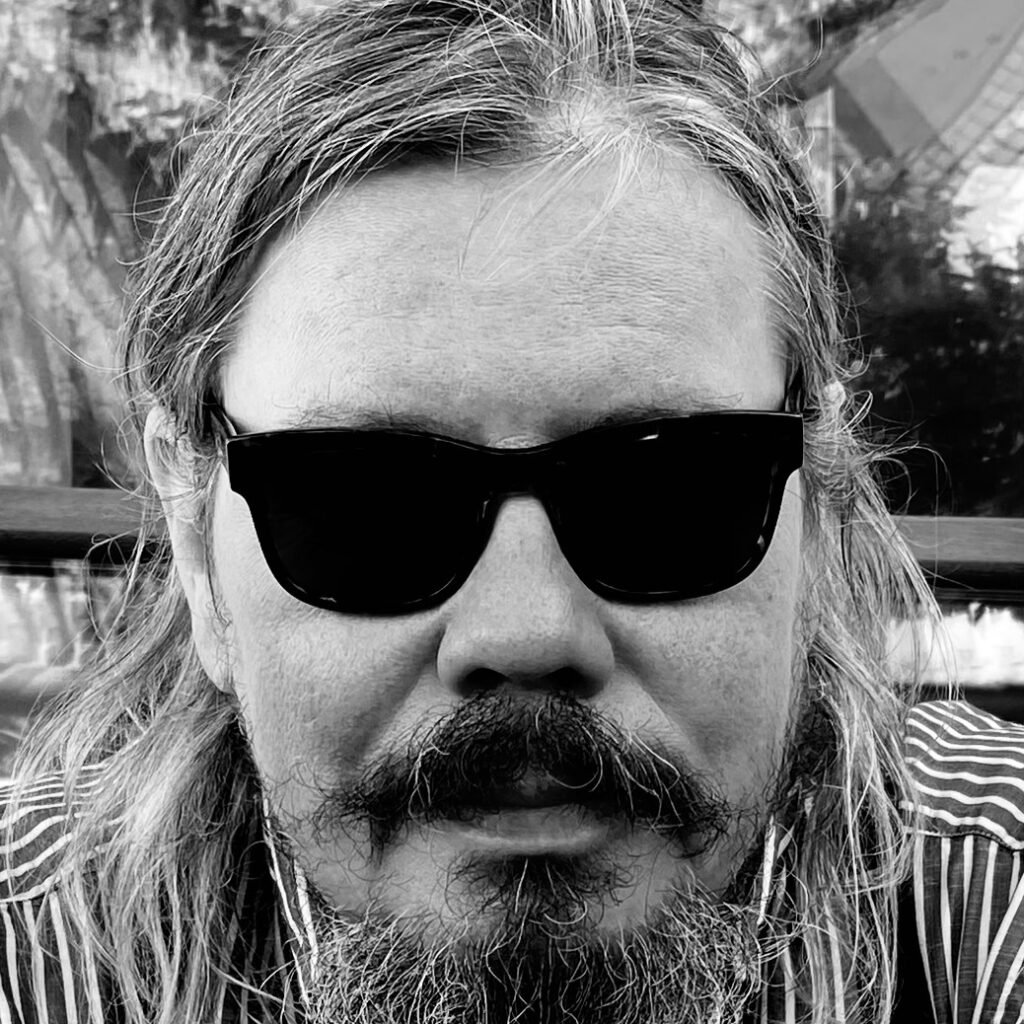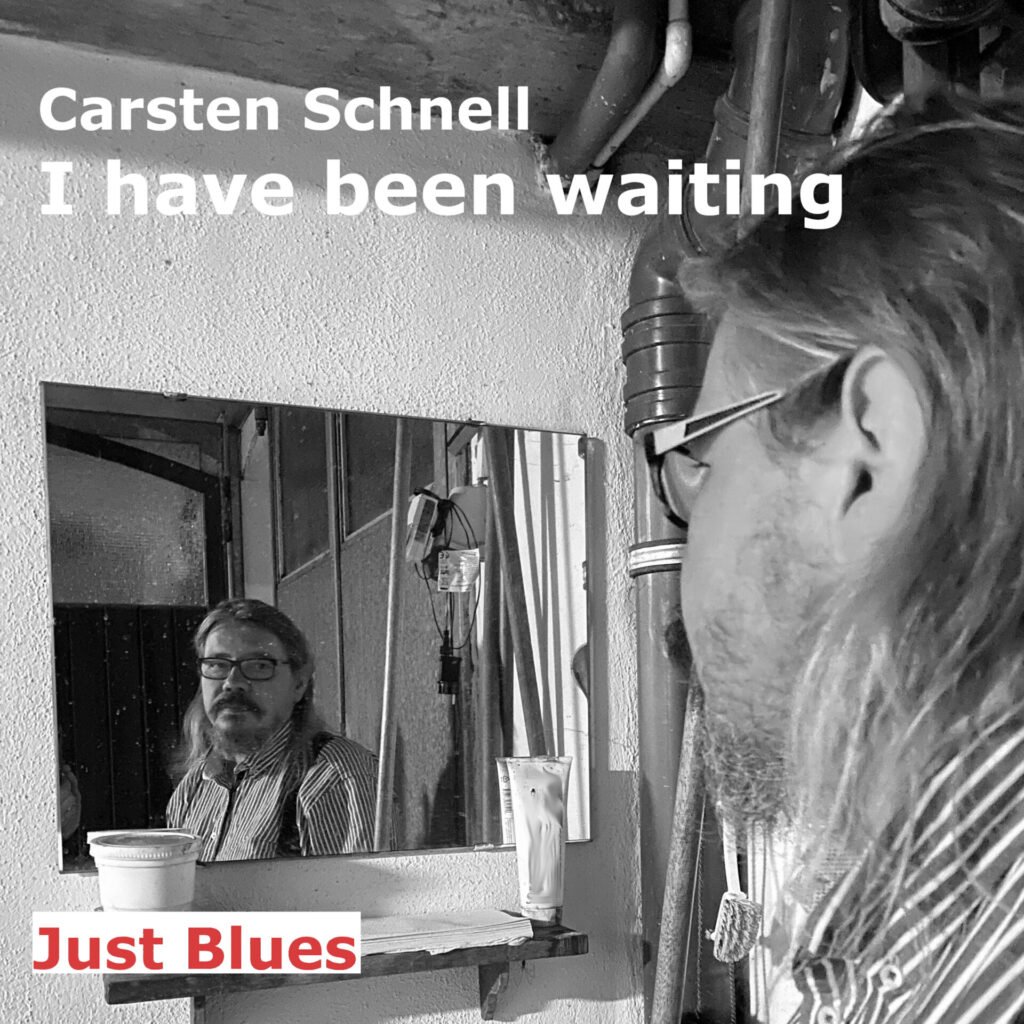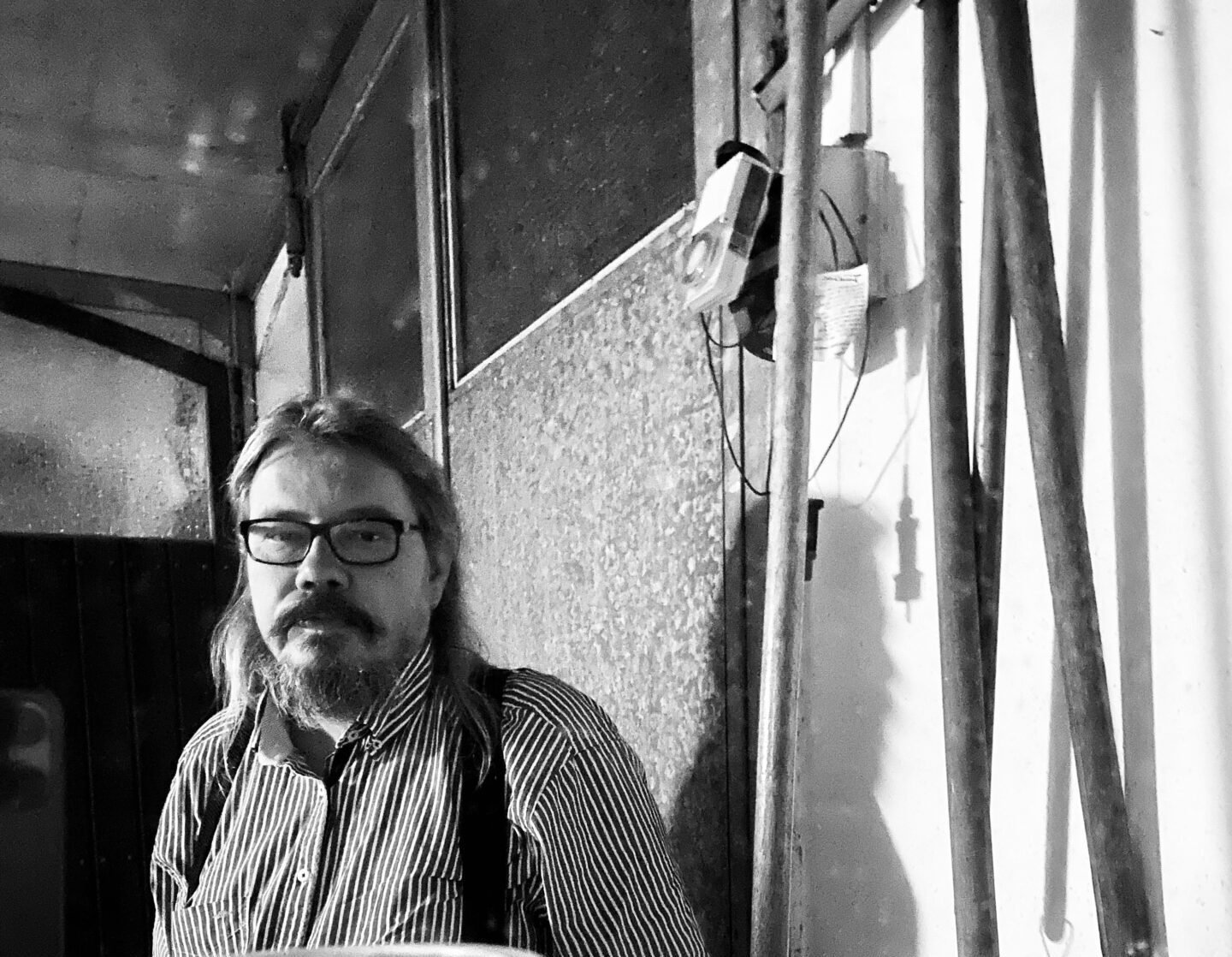The critics were taken aback by the unusual sound sculptures on the debut album “Adjust” by the classically trained composer Carsten Schnell in 1992. He is now regarded as one of BSC Music’s original artists. He was compared to Jean-Michel Jarre and Vangelis and had his own style from the beginning.
Carsten Schnell has released a new single titled “I have been waiting” following the success of “Another Day Another Dollar” on a global scale. a song with the early Chicago Blues sound. This track’s only instruments are guitars, piano, bass drums, and vocals. Check out the exclusive interview below:

1. Can you tell us a bit about where you come from and how it all got started?
CARSTEN SCHNELL: I’m from Bonn in Germany. It all started after many many demo tapes with a contract with BSC Music. That was in the 1990s. At first I found myself in the field of electronic music, but later I had the opportunity to serve other genres as well. My record company gave me free choice.
2. Did you have any formal training or are you self-taught?
CARSTEN SCHNELL: Ich bin klassisch ausgebildeter Instrumentalist und Komponist.
3. Who were your first and strongest musical influences and why the name ‘CARSTEN SCHNELL?
CARSTEN SCHNELL: Even as a child I listened to a lot of music, there was actually no strict influence. I got excited about everything I liked. That’s why I don’t have a stage name. Carsten Schnell is my birth name
4. What do you feel are the key elements in your music that should resonate with listeners, and how would you personally describe your sound?
CARSTEN SCHNELL: A key element is that there are always melodies in my music. I don’t like effects that are screwed together. I just find beats with loops boring! In any case, the sound always depends on the genre I’m working in at the moment.

5. Do you feel that your music is giving you back just as much fulfillment as the amount of work you are putting into it or are you expecting something more, or different in the future?
CARSTEN SCHNELL:
Music gives me back even more than I put into it. It doesn’t matter if it’s emotions or time. If a title is particularly well done, it fills me with satisfaction. If the people then also give applause, that’s very satisfying.
6. For most artists, originality is first preceded by a phase of learning and, often, emulating others. What was this like for you? How would you describe your own development as an artist and music maker, and the transition towards your own style, which is known as ROCK?
CARSTEN SCHNELL: I’ve always had a clear idea of what I’m doing. Many said at the beginning that I already had my own handwriting. That has remained the case to this day
7. What’s your view on the role and function of music as political, cultural, spiritual, and/or social vehicles – and do you try and affront any of these themes in your work, or are you purely interested in music as an expression of technical artistry, personal narrative, and entertainment?
CARSTEN SCHNELL: Music can also be political or social. But I make music for its own sake. I am not a political person and I hate messages with the raised index finger.
8. Could you describe your creative processes? How do usually start, and go about shaping ideas into a completed song? Do you usually start with a tune, a beat, or a narrative in your head? And do you collaborate with others in this process?
CARSTEN SCHNELL: That is very different, sometimes there is a melody first, which I can then harmonize and arrange thanks to my training. Sometimes it’s also a groove that inspires me. Then usually comes a bass line and then everything else.
9. What has been the most difficult thing you’ve had to endure in your life or music career so far?
CARSTEN SCHNELL: Often the lack of appreciation and the almost criminal energy with which artists and musicians are exploited.
10. On the contrary, what would you consider a successful, proud or significant point in your life or music career so far?
CARSTEN SCHNELL: For me, the most significant point is that I’ve been writing and releasing music for over 30 years now
11. With social media having a heavy impact on our lives and the music business in general, how do you handle criticism, haters, and/or naysayers in general? Is it something you pay attention to, or simply ignore?
CARSTEN SCHNELL: I ignore them. There are too many fakes,trolls and haters underway in social media.
KEEP IN TOUCH:
INSTAGRAM | SPOTIFY | WEBSITE | YOUTUBE

